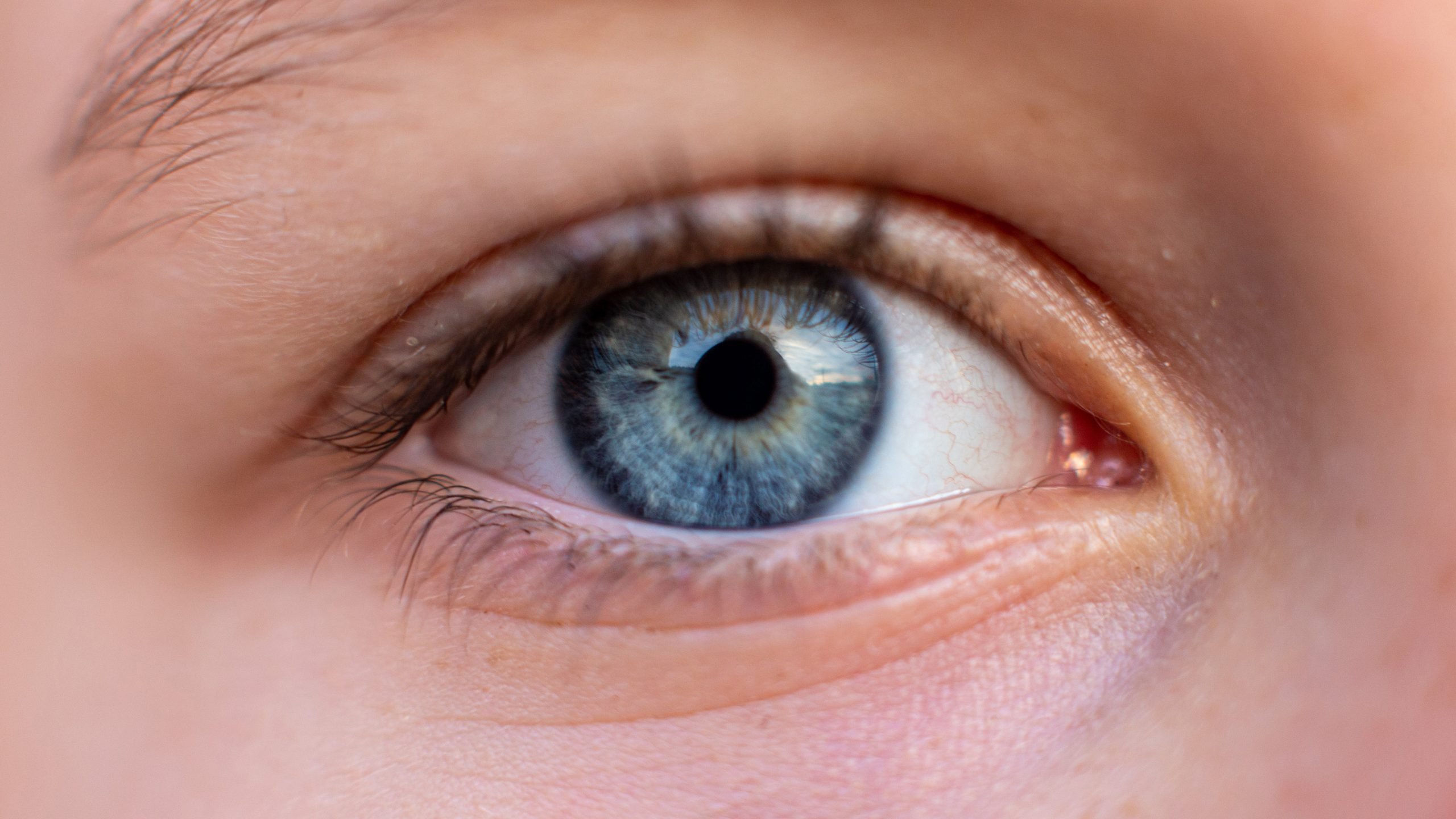Revolutionary AI tool scans children’s eyes, diagnoses autism with “100% accuracy” A revolutionary development in artificial intelligence has opened the door to a future where diagnosing childhood autism could be as simple as taking a picture of a child’s eye. A recent study published in JAMA Network Open reveals that AI can analyze retinal photographs “with 100% accuracy,” potentially paving the way for early intervention and improved outcomes for countless children on the spectrum. The secret lies in a method allowing the scientists to peek into the brain through the back of the eye. By focusing on the retina, where the optic nerve connects to the brain, researchers have discovered a window to neurological activity. This technology has already yielded positive results in rapidly diagnosing concussions, and now, it’s taking on a new frontier: autism spectrum disorder (ASD). The study involved analyzing retinal photographs of 958 participants, half with diagnosed ASD and half without. An AI algorithm was trained on 85% of the images alongside symptom severity scores. Based on this data, the researchers developed models to distinguish between autistic and neurotypical brains. The remaining 15% of the photos served as a test, and the results were nothing short of remarkable – the AI achieved a perfect score. It accurately ASD in every single case. The importance of early diagnosis For families struggling to understand their child’s behavior and navigate the complexities of ASD, early diagnosis is invaluable. According to WHO, it’s estimated that about 1 in 100 children has autism worldwide. But this is just an average estimate, with some studies suggesting the numbers to be significantly higher, reaching one in 36 children. Either way, having access to a rapid, objective screening tool could transform countless lives. Early intervention can significantly improve outcomes, helping children develop essential skills and reach their full potential. A grain of salt We should take each piece of research with a grain of salt. After all, that doubt is what drives science forward. I think that this is especially the case with research results that claim to be 100% accurate. First of all, the sample size was pretty limited. The study involved only 958 participants, which is a relatively small sample for drawing such definitive conclusions. More extensive, more diverse studies are needed to confirm the accuracy and generalizability of the findings. It’s also possible that the algorithm performed well on the testing set but may not generalize accurately to new datasets. Once again, we need more research, and it should include different populations and contexts. Don’t get me wrong, I don’t want to be negative. While we should keep reasonable doubt, it’s still great to hear that there’s been a leap forward in understanding and diagnosing ASD. These AI-powered diagnostic tools could become a game-changer with further development and validation. [via PetaPixel] Filed Under: Tagged With: Find this interesting? Share it with your friends! Dunja Djudjic Dunja Djudjic is a multi-talented artist based in Novi Sad, Serbia. With 15 years of experience as a photographer, she specializes in capturing the beauty of nature, travel, and fine art. In addition to her photography, Dunja also expresses her creativity through writing, embroidery, and jewelry making. Dunja Djudjic is a multi-talented artist based in Novi Sad, Serbia. With 15 years of experience as a photographer, she specializes in capturing the beauty of nature, travel, and fine art. In addition to her photography, Dunja also expresses her creativity through writing, embroidery, and jewelry making.
This content was originally published here.
